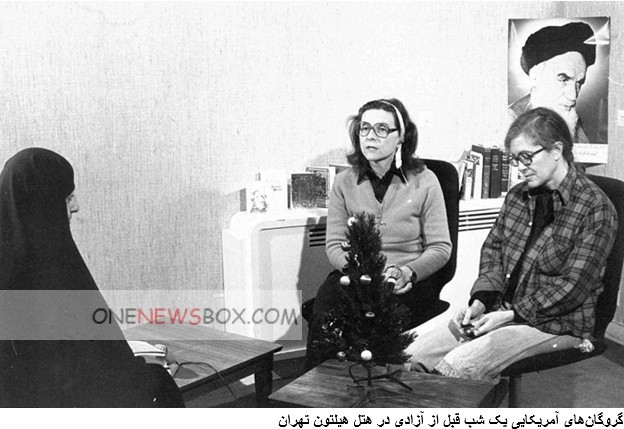Described the uncertainty of not knowing if the next day would bring release, torture, or death. Recalled being blindfolded for long periods and losing all sense of time: “Every day felt the same. Every day felt endless.” Later admitted in interviews that while the takeover was meant to last only a few days, it spiraled when Khomeini endorsed it: “We never expected it to last 444 days.” Incidents like TWA Flight 847 (1985) showed the continued vulnerability of Americans abroad.
The Hostage Crisis shaped the “no concessions” stance adopted by U.S. presidents. Kidnappings by ISIS and al-Qaeda in the 2000s echo the use of hostages as propaganda tools. Analysts still cite 1979–1981 as the turning point where hostage-taking became central to asymmetric warfare. The U.S. supported Iraq during the Iraq War, fueling further resentment. Hezbollah bombed the U.S. Marine barracks in Beirut, an attack widely believed to have had backing.

